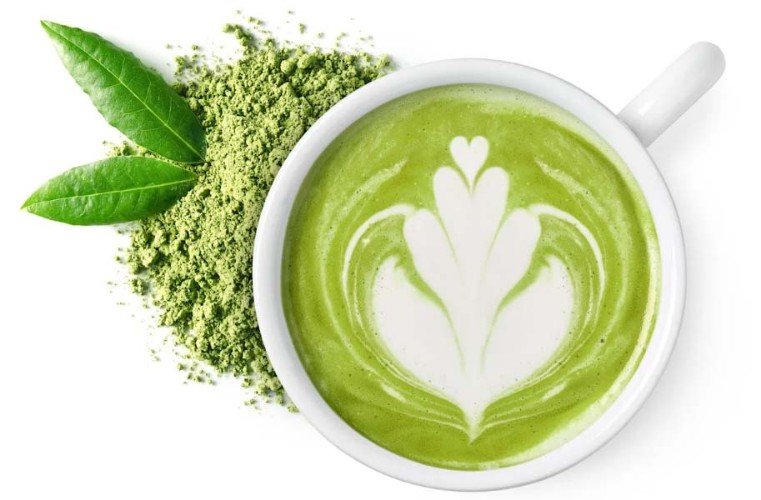Matcha madness: Why the vibrant green tea is so hot right now
Published: 09 April 2025, 4:35:09

Tea may be the second-most consumed beverage worldwide, but matcha in particular has been stealing the spotlight lately. Consumption of the Japanese green tea powder is skyrocketing — the matcha market was valued at $3.63 billion in 2024 and is projected to climb to $8.67 billion in 2031 — thanks to health-focused consumers and “green-tea obsessed” influencers drawn to its many potential health benefits, along with an increase in
Japanese tourism.
Matcha is traditionally consumed as a beverage, but it’s been steadily finding its way into other products, including ice cream, baked goods and more. Its earthy, umami flavor profile lends itself to a variety of preparations that people just can’t seem to get enough of.
The vibrantly colored green tea powder is growing in popularity, so much so that producers are having difficulty keeping up with demand, leading to a global matcha shortage. Matcha harvesting is time-consuming and labor-intensive (it can take five years for matcha tea shrubs to reach maturity, and the machines that grind the leaves into a fine powder are slow). The highest-quality matcha is harvested just once per year, in the spring, making it impossible for growers to scale up quickly.
The demand for it likely won’t slow down anytime soon. Although some people are drawn to matcha for its distinct flavor, the health benefits are a big appeal. Matcha stands out from other forms of tea thanks to its higher composition of antioxidants and anti-inflammatory compounds. Here’s a look at the potential benefits of matcha:
Heart health
Matcha contains a high concentration of catechins, an antioxidant that helps improve cardiac health. Although the research is mixed, matcha may reduce LDL or “bad” cholesterol and improve HDL or “good” cholesterol.
Blood sugar control
The antioxidants, specifically catechins, found in green tea can help manage blood glucose (aka blood sugar). Matcha consumption may help lower blood glucose levels by reducing carbohydrate digestion and oxidative stress, regulating glucose production and improving insulin sensitivity and the gut microbiome.
Anticancer properties
Studies suggest that matcha may have anticancer properties. “Matcha is full of powerful antioxidants,” registered dietitian Pam Hartnett tells Yahoo Life. “One of the most researched, EGCG, or epigallocatechin gallate, can help lower cancer risk.” Evidence also shows that matcha may reduce tumor mass and decrease the potential of cancer spreading to other areas (metastasizing). However, researchers admit the data is limited, and further studies are needed for a better understanding of these possible health benefits of matcha.
Anti-inflammatory properties
The polyphenols found in matcha have anti-inflammatory properties. “Matcha is rich in antioxidants, which help combat oxidative stress and inflammation,” registered dietitian Morgan Pearson tells Yahoo Life. “As a result, it may protect cells from damage and support the prevention of chronic diseases.”
Brain function
The antioxidant EGCG may also help improve mental clarity and possibly play a role in preventing neurodegenerative diseases like Alzheimer’s thanks to its antioxidant, anti-inflammatory and anti-aging abilities.





